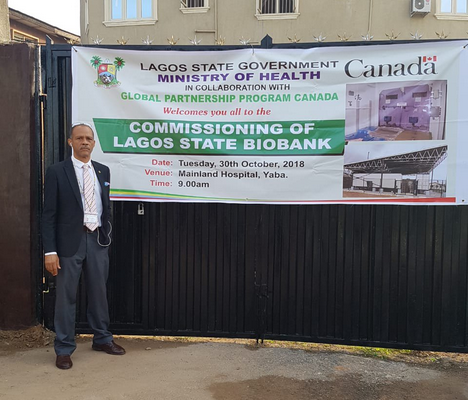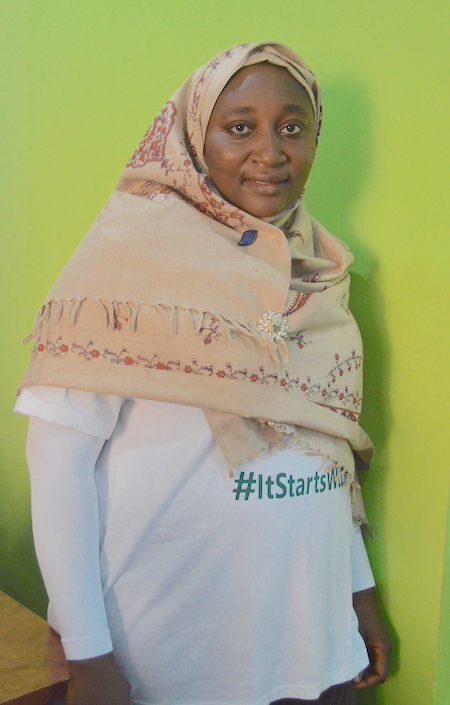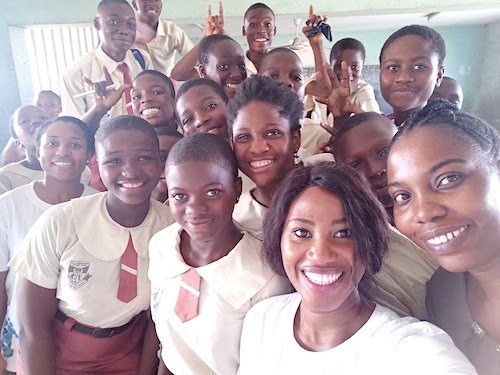What’s Our Role in the Fight Against Resistant Organisms?

The Africa Centres for Disease Control (Africa CDC) hosted a workshop in Addis Ababa, Ethiopia, from 13-14 December 2018 to bring together civil society organisations (CSOs) from multiple sectors, including human, animal health and environment. DRASA participated in the workshop which aimed to explore the role that CSOs play in the fight against antimicrobial resistant (AMR) organisms. Note: CSOs are charities, development NGOs, community groups, women’s organizations, faith-based organizations, professional associations, trade unions, social movements, coalitions and advocacy groups What’s the fight against resistant organisms? Resistant organisms are bacteria, fungi, viruses, and parasites that have become resistant to the treatments (antimicrobials) used to destroy them. These kinds of resistant organisms are increasing all over the world and threatening to make existing treatments ineffective, thus increasing fatality and the risk of major outbreaks. In Africa, AMR has already been documented to be a problem for HIV (the virus is becoming resisntant to the drugs used to treat it) and also for the organisms that cause malaria, tuberculosis, typhoid, cholera, meningitis, gonorrhoea, and dysentery. Imagine if all our treatments stopped working for all these diseases! Scary. In response, the Africa CDC developed a framework that identifies antimicrobial resistance (AMR) as an urgent public health threat for its Member States. Why focus on civil society organizations (CSOs)? CSOs like DRASA can increase awareness, advocate for effective control policies, and increase demand for high-quality data to promote and strengthen a multidisciplinary response to complex health problems such as AMR organisms. In fact, the global HIV response was triggered by civil society advocacy, and much of the successes in the fight against HIV/AIDS came from civil society. For this reason, the fight against AMR is likely to fail if CSOs do not step into an active role to ensure that no lives are unnecessarily lost. What […]




